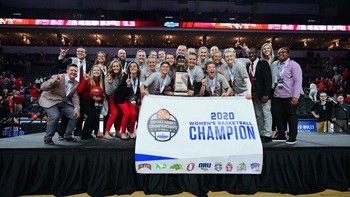USD Accounting professors Madoff case study published
Because it is based on one of the biggest Ponzi schemes in history, students appreciated the case narrative and could easily relate to real world occurrences. About 170 USD accounting majors participated in this case project, answering 10 conceptual questions in detail over a three-year period. Students who worked in groups were genuinely engaged in the learning process, and they came up with several red flags associated with the BMIS fraud and suggested many new internal controls. This case provided a hands-on learning experience to students that could be relevant for them in their future career in public accounting. Even though the initial estimate of the fraud was about $65 billion, it turned out that Madoff had actually cheated his investors to the tune of $20 billion.
“The Madoff case study provides students with a better understanding of the concepts of professional skepticism, internal control weaknesses, materiality decisions and fraud risk assessment,” said Ragothaman, who is a chartered accountant and joined the USD faculty in 1991. “It enables students to recognize and more fully understand how naivety/greed combined with regulatory failures can dramatically affect retiree investments.”
Ragothaman concluded that lessons learned by students from using this case study may help them stay alert to future Ponzi schemes, control weaknesses, and governance failures in their professional life. Download a photo of Ragothaman.


